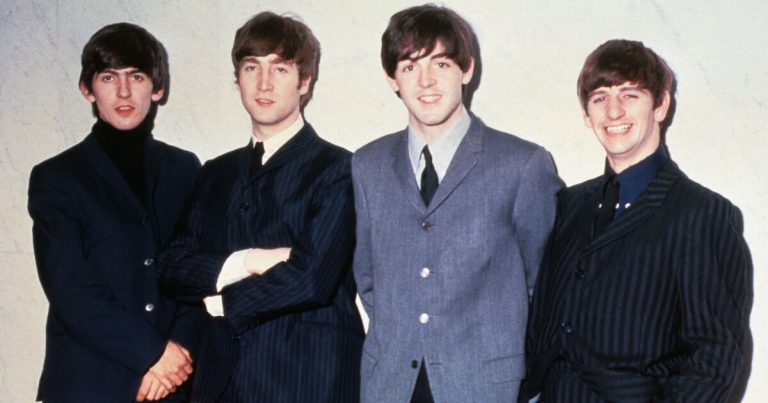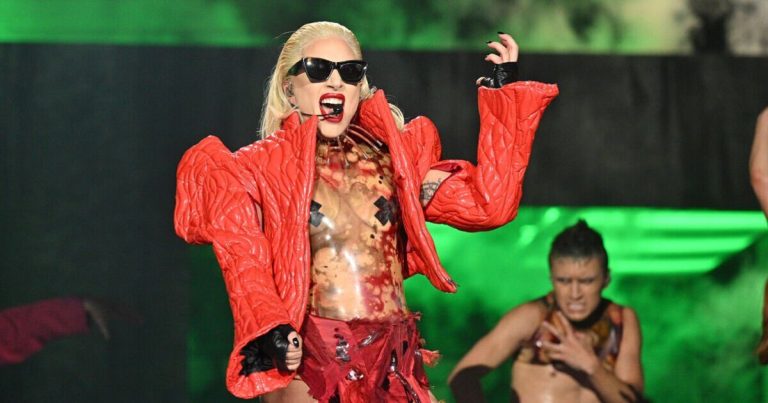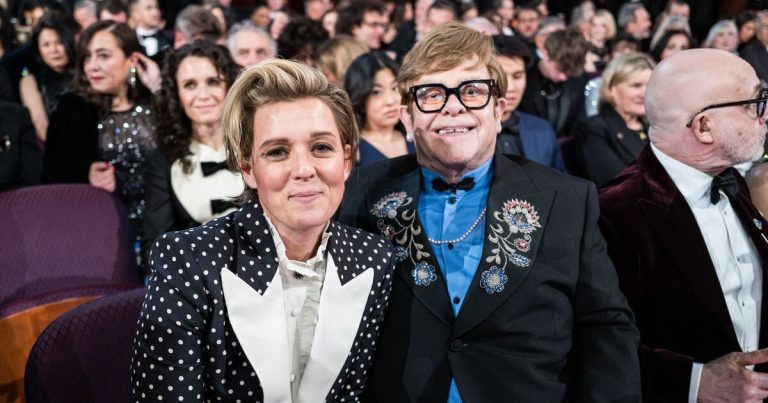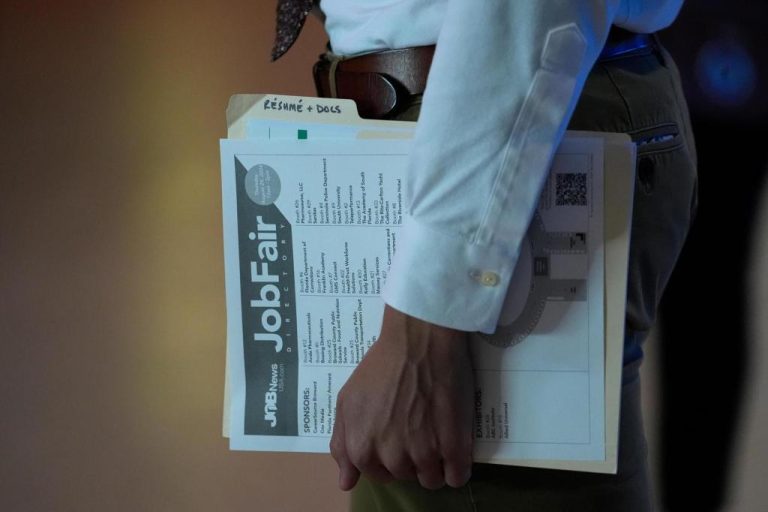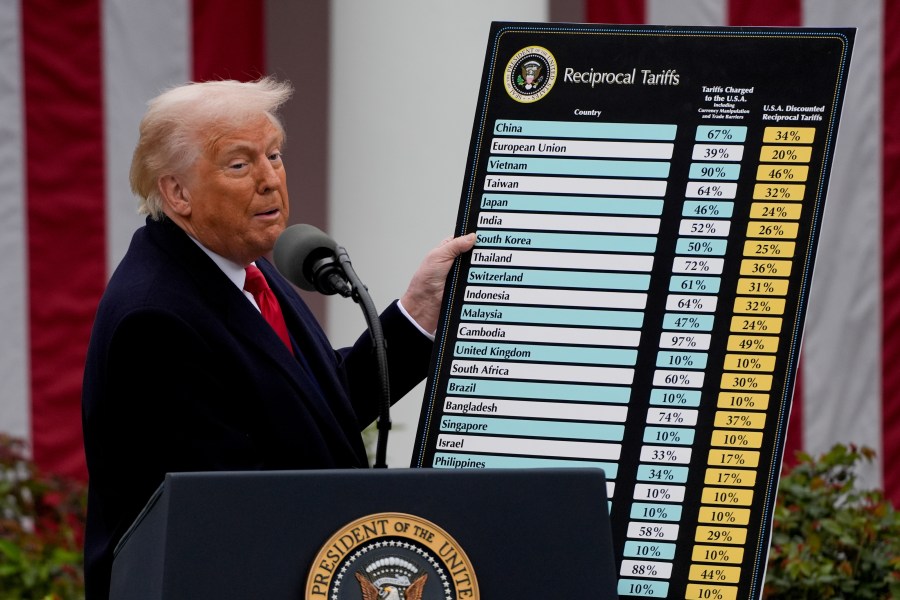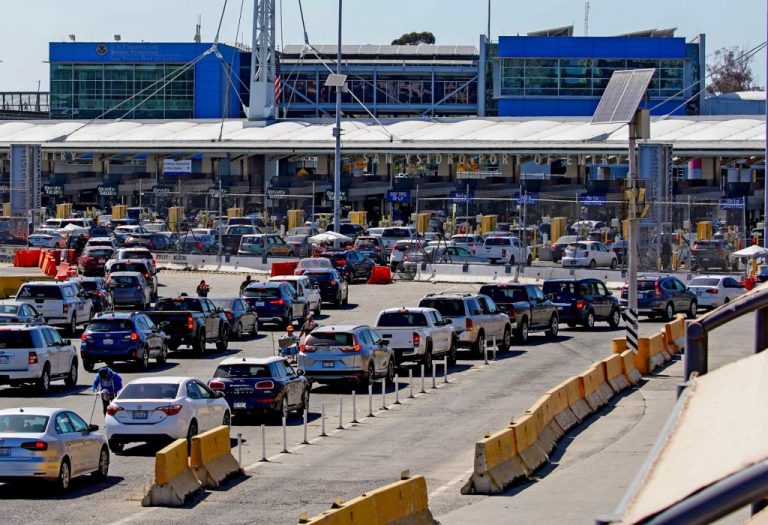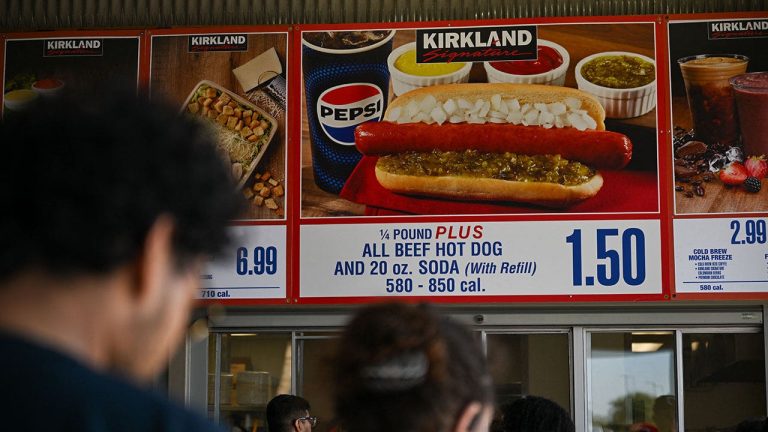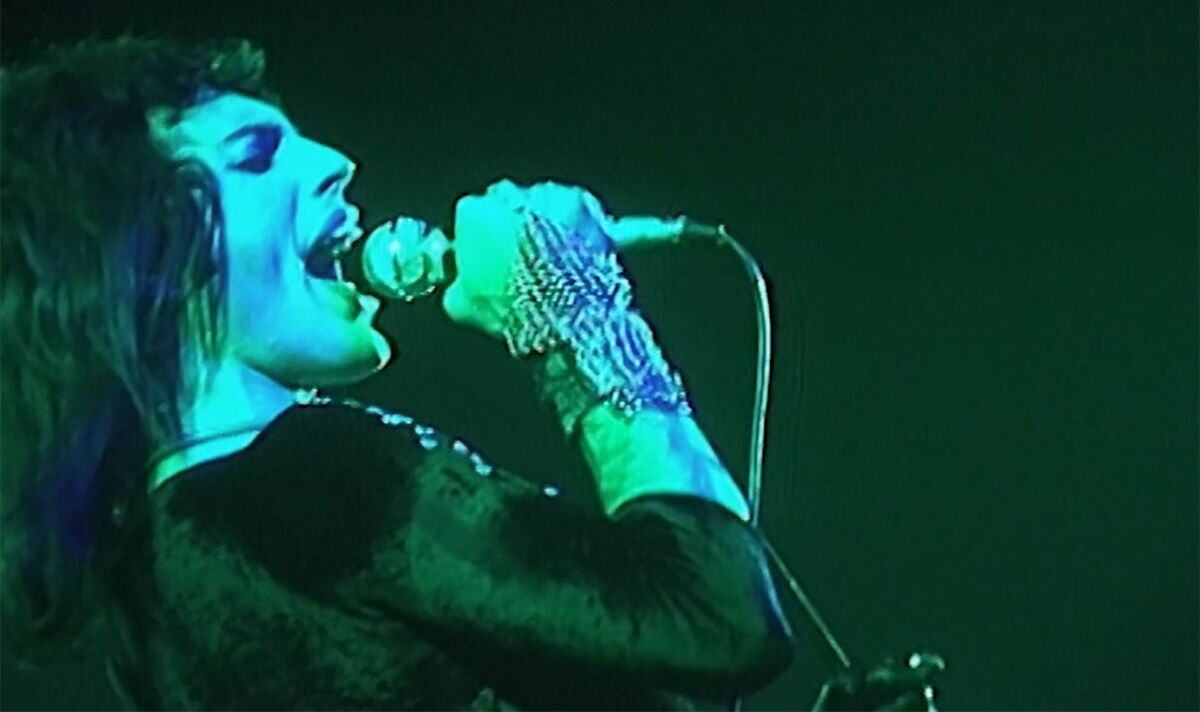
This week’s episode of Queen the Greatest Live looks back at an iconic November 1974 performance of Seven Seas of Rhye from London’s Rainbow Theatre.
The band had just released their new album Queen II with their first hit singles being the song just mentioned and Killer Queen.
Freddie Mercury, Brian May, Roger Taylor and John Deacon had come a long and this marked a turning point for the band.
The guitarist, who was struck down by hepatitis during a spring US tour with Mott the Hoople told Mojo magazine: “It’s incredible how much happened to Queen in 1974.
“When I see the footage of us from those shows now, I see so much confidence and adrenaline and I think, My God, we were such impatient boys.”
A caption accompanying the footage reads: “Principally written by Freddie Mercury – and opening with his instant-classic cascading piano part – Seven Seas Of Rhye’s success lived up to its all-conquering lyric. Released as the band’s second UK single in February 1974, it was boosted to No 10 by their first TV appearance as an eleventh-hour substitute for David Bowie on Top Of The Pops.
Even in those formative years, Queen were experimental and ambitious studio musicians, employing swirls of vocal harmony and multitracked instrumentation to create epic textured soundscapes. Translating that to the stage took an entirely different skill set, and in this footage – incidentally, the first-ever Queen concert to be filmed and recorded, with an edited version later screened in UK cinemas as the opener to Led Zeppelin’s The Song Remains The Same, before returning to the vaults for two decades – the band’s live mastery is breathtaking”.
It added: “From Freddie playing one-handed piano while holding the microphone, to Roger Taylor effortlessly hitting the high harmony that some fans assumed was studio trickery on Queen II, this is indisputably the sound of a band at the top of their game.
“‘When I listen to Queen Live At The Rainbow now, I find it extraordinary,’ says Taylor of the boxset released in 2014. ‘I’d forgotten how heavy we were…’”

